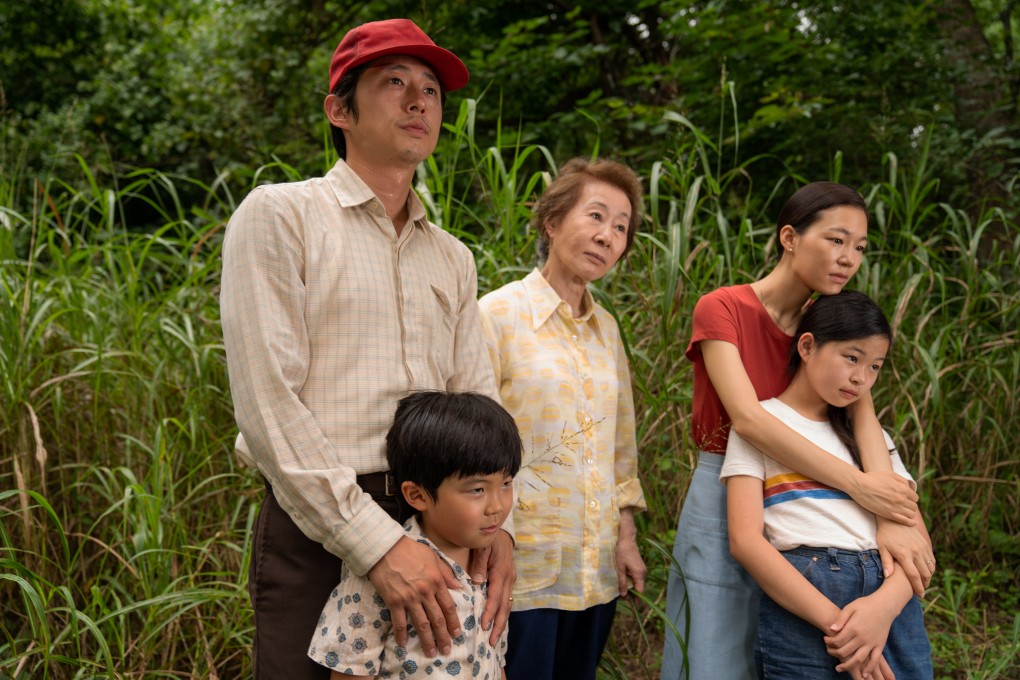7 Oscars 2021 lessons: Minari is the real winner, women directors rule, diversity isn’t quite there yet and more
- Ahead of the Oscars on April 25, here are seven things we’ve learned from the strangest awards season in cinema’s history
- Minari might not repeat the success of last year’s Parasite, but the Korean/American drama has lit up every awards it has competed in so far

There can be no doubt this has been the strangest awards season in the history of cinema (as well as the longest, thanks to the Oscars being forced to move to April because of the pandemic).
Ordinarily, the idea of a couple of extra months’ worth of actors “campaigning” is enough to make even the most dedicated film fan weep into their copy of Vanity Fair. But this season has seen some real moments for celebration and contemplation, despite cinemas being shut all over the world for much of the past 12 months.
Here – ahead of the Oscars on April 25 – are seven things we’ve learned from this year’s awards season:
1. Minari is the real winner
Whatever happens at the Oscars next week, Lee Isaac Chung’s Minari has been the film that charmed us all the way through the awards season.
But Chung’s semi-autobiographical tale has lit up every ceremony it has competed in – like when eight-year-old Alan Kim, one of the stars, picked up the Young Performer gong at the Critic’s Choice Awards, then promptly burst into tears before pinching his face to make sure it was all real.
Or when Chung’s daughter shouted “I prayed! I prayed!” on Zoom when her father’s film won the Golden Globe for Best Foreign Language Film.